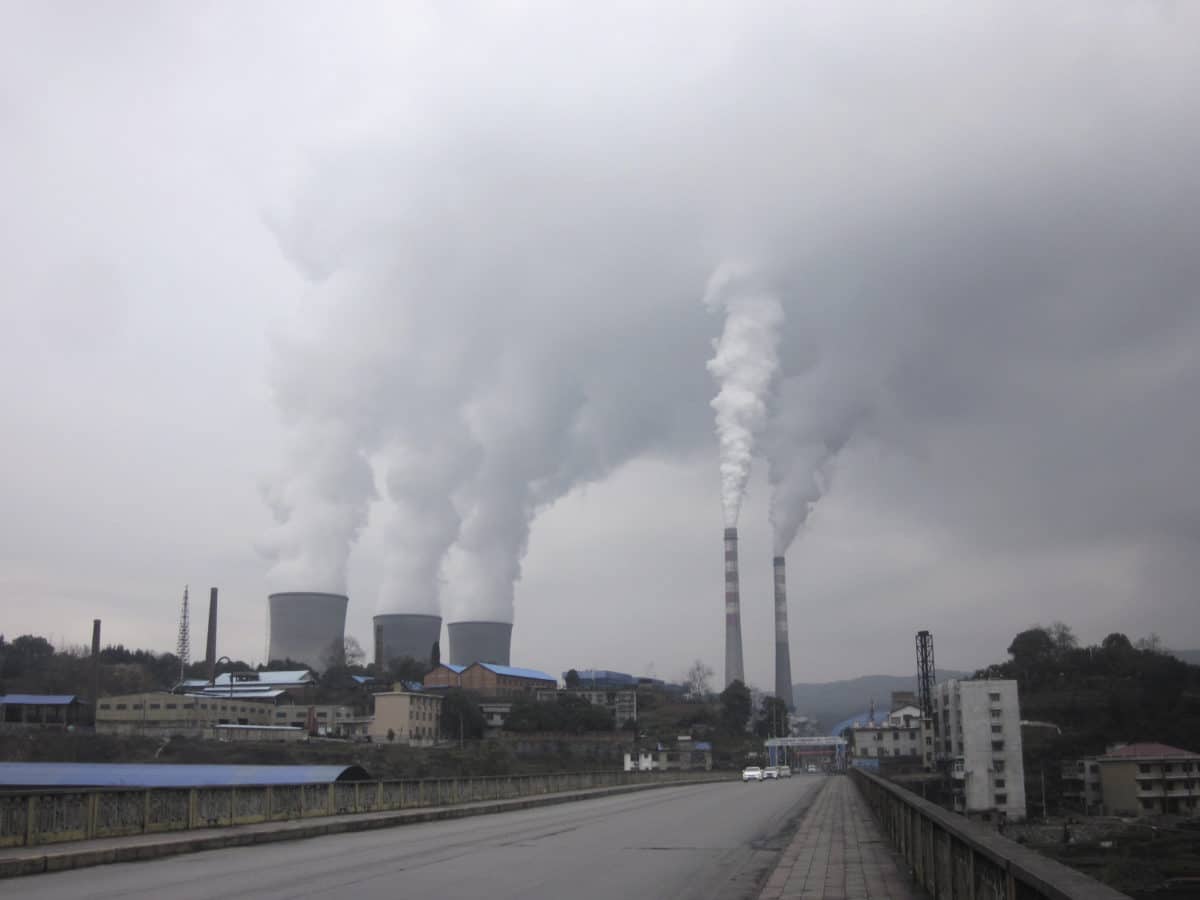“China will step up support for other developing countries in developing green and low-carbon energy and will not build new coal-fired power projects abroad,” said China’s President Xi Jinping via a video recording at the United Nations General Assembly annual summit, which this year follows a hybrid virtual-physical presence format after being hosted almost entirely online a year ago.
China is using its so-called ‘Belt and Road Initiative’ (BRI) to finance and build several infrastructure projects in developing nations, including power plants, ports, and roads, among others.
The announcement is welcome news because it holds the potential to significantly reduce greenhouse gas emissions in the developing world. However, Xi Jinping’s pledge did not include enough details to see climate activists celebrating just yet. Specifically, it remains to be seen when China’s pledge will come into force, whether it includes older coal plants that have been approved but not yet built, and whether financing coal plants to be built by others remains on paper.
Shifting trends
To many, the news of China’s recent pledge did not come as a surprise. For example, about a year ago, Pakistan’s prime minister said Pakistan would stop commissioning new coal plants. Although the announcement did not include existing projects under development, the decision nevertheless demonstrated that partners to China’s BRI do not have to take whatever China offers.
Similarly, a report published in January by the Global Energy Monitor (GEM), a non-profit organization funded by the U.S.-based Ford Foundation, the German Institute for International Cooperation, and the European Climate Fund, found that since 2014, the coal project pipeline of the world’s leading coal power nations has shrunk by around two-thirds. Of these countries, only South Africa is not in Asia.
An immediate energy transition is far from certain
Despite the promising market trends and China’s pledge to stop building new coal plants abroad, the transition from coal to low carbon energy sources won’t necessarily be immediate.
pv magazine recently published a feature examining the factors that inhibit solar power in Asia. The analysis showed that such factors include the lack of an adequate business and regulatory infrastructure to help smaller businesses develop and deliver PV and the associated supply chains; institutional inertia, with many of the developing nations’ institutions (e.g., large electric utilities) exhibiting an outdated attachment to fossil fuel investments; and the availability of financing, given that Asia’s new coal-fired power investment is predominantly underpinned by export credit agency finance.
What is urgently needed is a set of reforms across the Asian and other developing nations to bring competition in their electricity markets and, thus, allow their countries to grasp the new opportunities afforded by low-cost renewables like solar PV.
China’s pledge to stop building new coal plants abroad will also mean nothing if it continues to finance coal plants built by others.
A few months ago, Michael Grubb, a professor of International Energy and Climate Change Policy at University College London (UCL), and lead author in several reports by the Intergovernmental Panel on Climate Change (IPCC) – the United Nations’ body for assessing the science related to climate change – told pv magazine that China finances “a lot of everything” and it is unclear whether the country’s leadership has arrived at a decision as to whether it favors coal over renewables.
“Still, I’ll predict one thing: almost all those countries keen to host Chinese-funded coal plants will end up regretting it – so even might China,” he said.
It appears China has realized that building coal plants abroad is not a wise business. It now remains for the other nations to realize that coal is an economically and environmentally disastrous business; as well as China to stop building coal plants at home.
This content is protected by copyright and may not be reused. If you want to cooperate with us and would like to reuse some of our content, please contact: editors@pv-magazine.com.



By submitting this form you agree to pv magazine using your data for the purposes of publishing your comment.
Your personal data will only be disclosed or otherwise transmitted to third parties for the purposes of spam filtering or if this is necessary for technical maintenance of the website. Any other transfer to third parties will not take place unless this is justified on the basis of applicable data protection regulations or if pv magazine is legally obliged to do so.
You may revoke this consent at any time with effect for the future, in which case your personal data will be deleted immediately. Otherwise, your data will be deleted if pv magazine has processed your request or the purpose of data storage is fulfilled.
Further information on data privacy can be found in our Data Protection Policy.